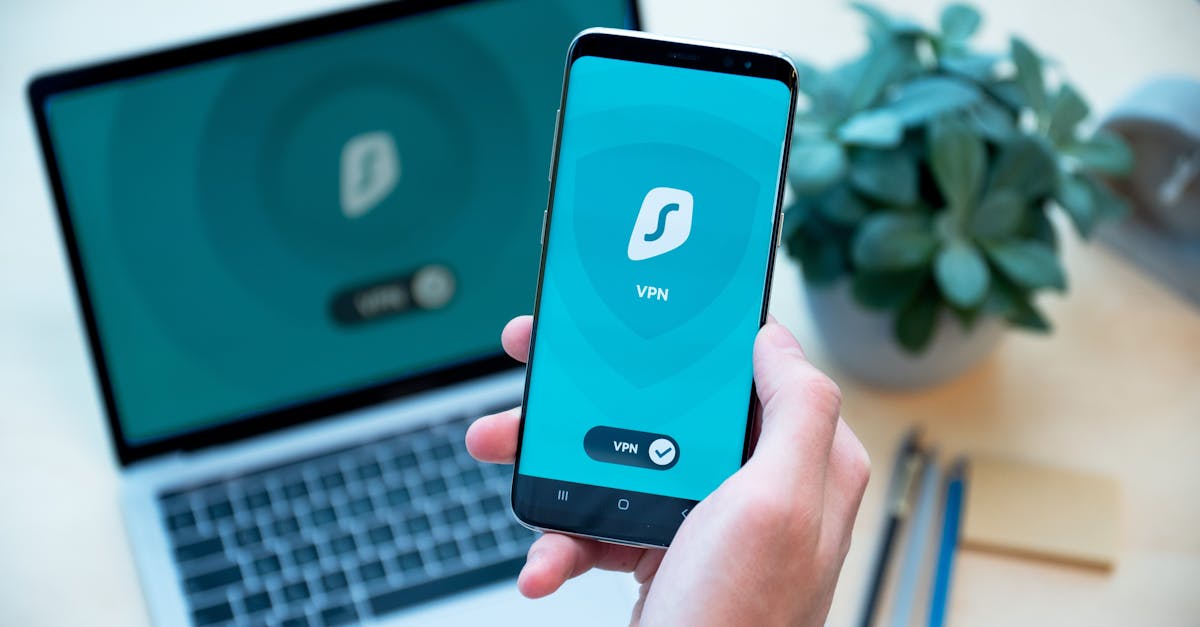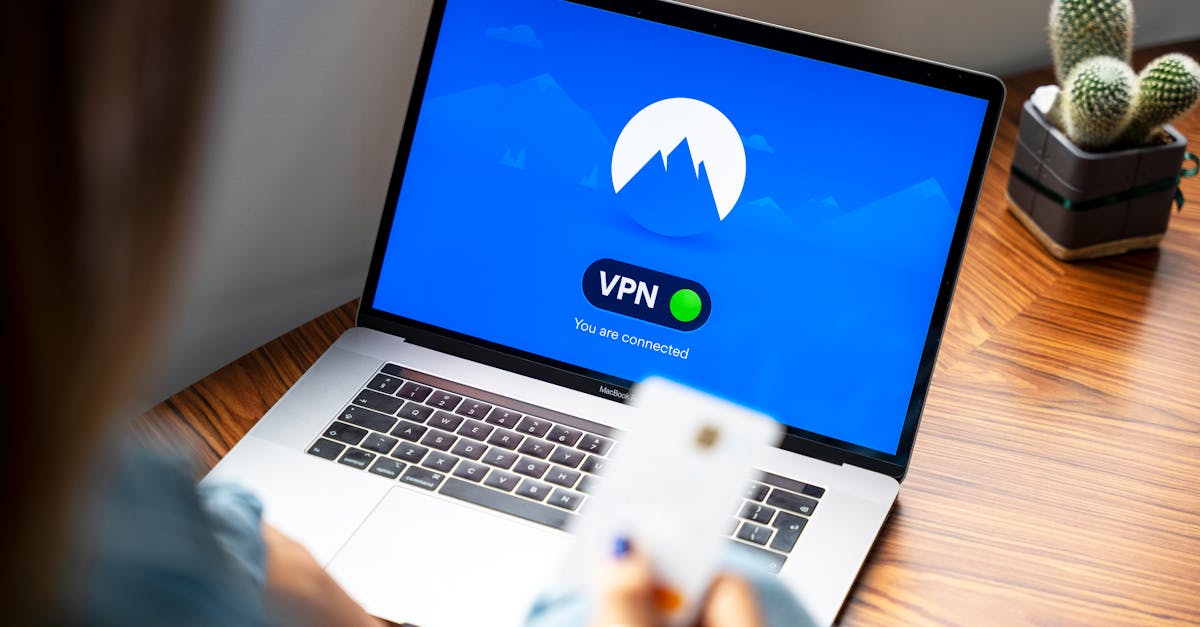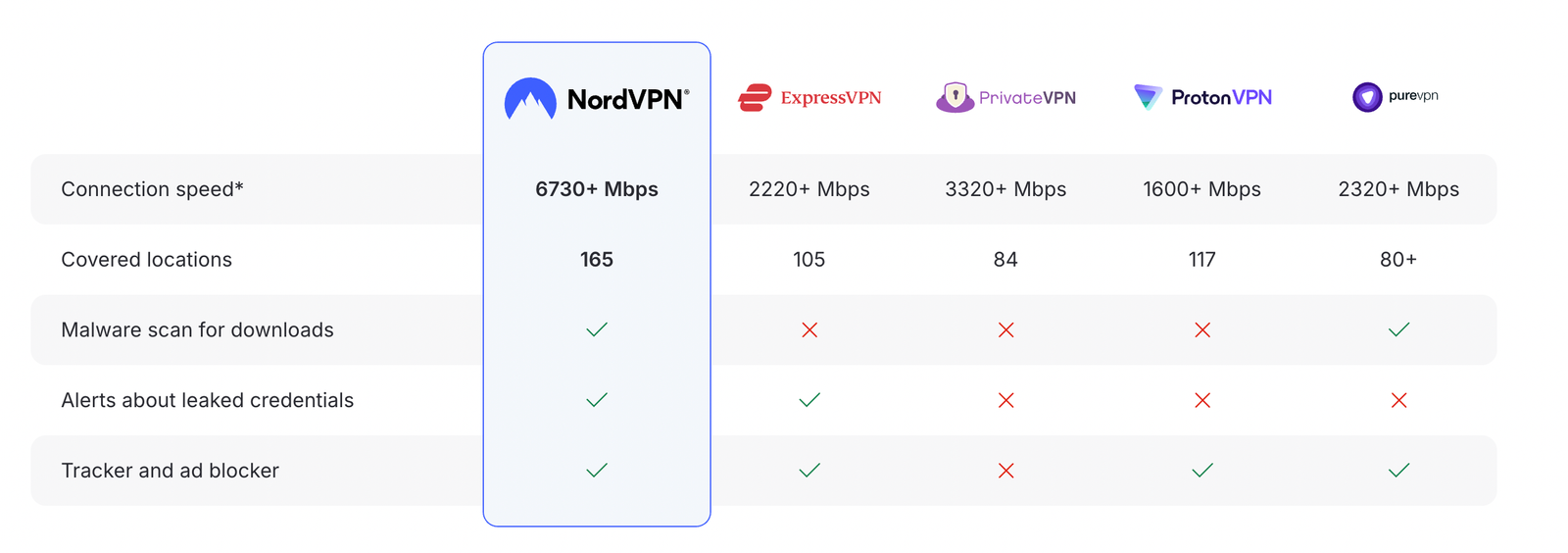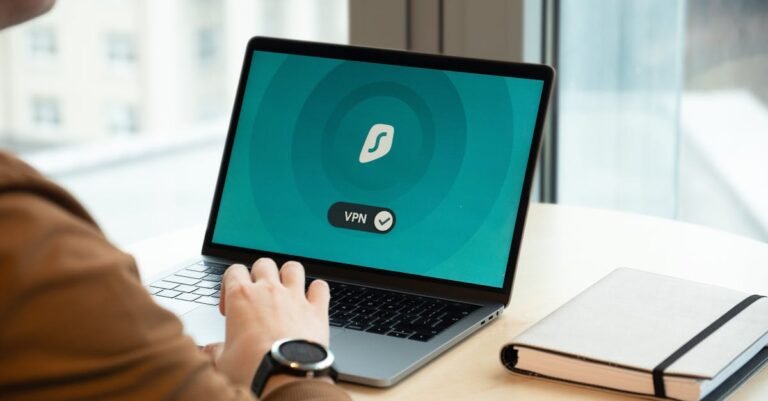Virtual Private Networks (VPNs) play a crucial role in today’s digital landscape, especially for securing Virtual Reality (VR) interactions. As VR technology advances, users face growing risks like data breaches and cyber threats during online sessions. This post delves into how VPNs protect VR experiences, ensuring privacy and safety. Keywords such as “VPN for VR” and “secure virtual interactions” highlight the importance of encrypted connections in immersive environments. By the end, you’ll understand why integrating a VPN is essential for anyone engaging in VR, from gamers to professionals.

Enhancing Security in VR Environments
VPNs create encrypted tunnels that shield VR data from hackers. For example, they hide your IP address during virtual meetings, preventing unauthorized access. This protection is vital in multiplayer VR worlds where personal information could be exposed. VPNs also block malware targeting VR devices, reducing risks of breaches. In addition, they maintain secure connections on public Wi-Fi, which many users rely on for VR. As a result, your virtual interactions stay confidential and uninterrupted. Furthermore, VPNs ensure that sensitive movements in VR simulations remain private. Overall, this technology fortifies defenses against common cyber threats.

Privacy Advantages for Virtual Engagements
VPNs offer key privacy benefits by masking online activities in VR settings. They prevent internet service providers from tracking your virtual sessions, thus safeguarding personal data. Moreover, VPNs enable anonymous access to global VR content, avoiding geo-blocks. This is especially useful for users exploring international VR platforms. Additionally, they stop third-party apps from collecting information during interactions. As a result, individuals can enjoy VR social events without surveillance concerns. Furthermore, VPNs protect against data leaks in collaborative VR projects. In essence, these tools enhance user control and foster a safer, more private virtual experience for everyone.

Mitigating Risks in VR Usage
VPNs effectively counter threats like identity theft in VR environments. They encrypt traffic, making it tough for cybercriminals to intercept data streams. For instance, during VR gaming, VPNs block phishing attempts that target players. This layer of security reduces the chance of account compromises. In addition, VPNs handle latency issues, ensuring smooth VR performance. Moreover, they protect against network vulnerabilities in shared VR spaces. As a result, users avoid downtime from attacks. Furthermore, VPNs adapt to evolving VR tech, providing ongoing safeguards. Ultimately, this makes VR interactions more reliable and less prone to disruptions.
Why NordVPN Excels for Secure VR
NordVPN stands out as a top choice for securing VR interactions due to its powerful encryption and vast server network. It ensures fast, private connections that prevent data leaks in virtual worlds. Moreover, its user-friendly interface suits beginners and experts alike. NordVPN is ideal because it offers features like threat protection and no-logs policy. Choose NordVPN today to elevate your VR safety. Sign up now and start exploring secure virtual realities with confidence. This reliable option boosts your online protection effectively.
How NordVPN compares to other top VPNs


Disclosure: We earn a commission at no extra cost to you if you make a purchase through links here. This helps support us in creating more content for you. Thank you for your support!







